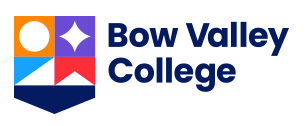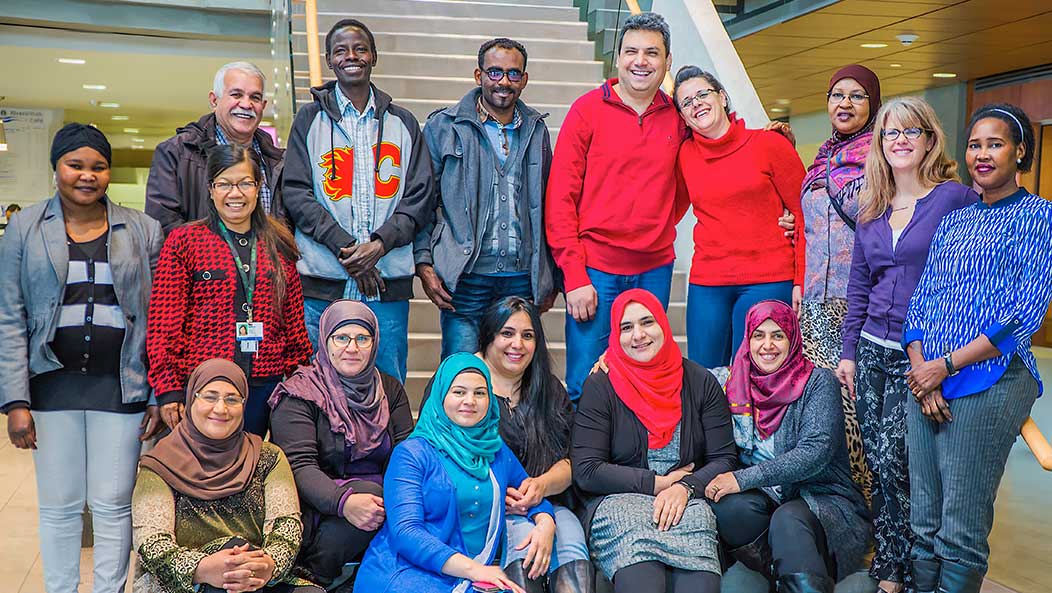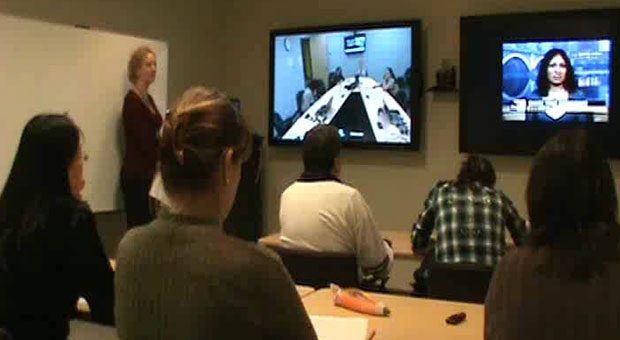Phases
Project Description
Bridges for Rural Immigrants was a pilot project to test the development and delivery of English language programs to rural and remote areas using videoconference and the SuperNet/Internet. The goal was to establish a community-based partnership and a delivery model that is transferable to rural or remote areas with compatible technological supports, with the intent of addressing the barriers that immigrants face in living in rural areas.
Phase I
Phase I: Project Investigation
An initial study was completed of other distance education projects that use videoconferencing as their core delivery mode, particularly those delivered through Nova Scotia Community College. In addition, the researchers worked with local users to identify challenges tht technology brings to the delivery of ESL training and develop a set of recommendations that address the challenges.
The goal of this phase of the project was to test the suitability and assess applicability of the chosen technological delivery mode for language teaching and learning in Alberta. Phase I of the project consisted of research into existing programs using videoconferencing and technology to provide ESL training at a distance, a research report and the creation of a draft of modules for rural onsite facilitator training. A report on the results of the research with recommendations for the implementation of videoconferencing in Alberta was developed, and a draft of the training modules for local facilitators was produced.
Phase II
Phase II: Project Delivery
In Phase II, Bridges for Rural Immigrants was an innovative approach used to deliver ESL instruction to rural Albertan English language learners (ELL). This unique partnership has resulted in a successful model for the delivery of language classes to immigrants in rural regions of the province. It supports the regional stewardship mandate entrusted to comprehensive community colleges in Alberta by offering a modality and promising practices for other providers to undertake similar projects.


